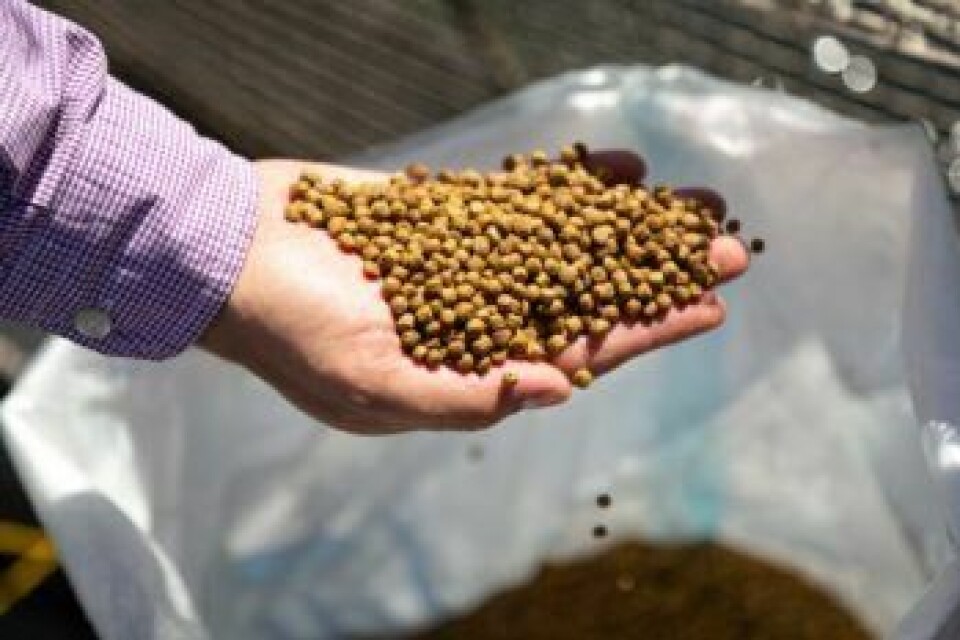
New BAP video promotes sustainable aquaculture
A new video released by the Best Aquaculture Practices (BAP) program introduces global seafood consumers to the sustainable aquaculture industry and the BAP label.
A partnership between the US Soybean Export Council and BAP launched a video that highlights the aquaculture industry and why the world needs it. The aim is to raise awareness around best aquaculture practices, sustainable fish feed, and the BAP label.
The video features two BAP certified facilities, Acuicola Gemso tilapia farm and Vimifos feed mill in Mexico.
“For Gemso, quality is very important, and not just because we say that ourselves, but because a third party comes and validates us with international standards. When we put the BAP stamp on our products, what we want to convey to our customers is a product that is totally safe for their health,” said Juan Atnonio Loustaunau, facility manager at the tilapia farm.
The video highlights the use of soybean in fish meal instead of wild fish, which has reached sustainable limits. “It’s a raw material that has a high protein content. It helps us to reduce the use of wild fish meal. This is important because there is a limited quantity of wild fisheries,” said Marisol Dominguez, purchasing manager for Vimifos feed mill.
Using soybean in fish meal is better for the enviorment, cheaper for the farmer and healthy for the fish.
The BAP program has support from all over the world including feed manufacturer Skretting and salmon farmers Cooke Aquaculture, Marine Harvest, Greig and Cermaq.
BAP is a comprehensive and proven third-party aquaculture certification program that began in 2002 and has 1,600 BAP-certifed sites worldwide. BAP certification is administered by the Global Aquaculture Alliance (GAA), a non-profit organisation dedicated to advocacy, education and leadership in responsible aquaculture.























































